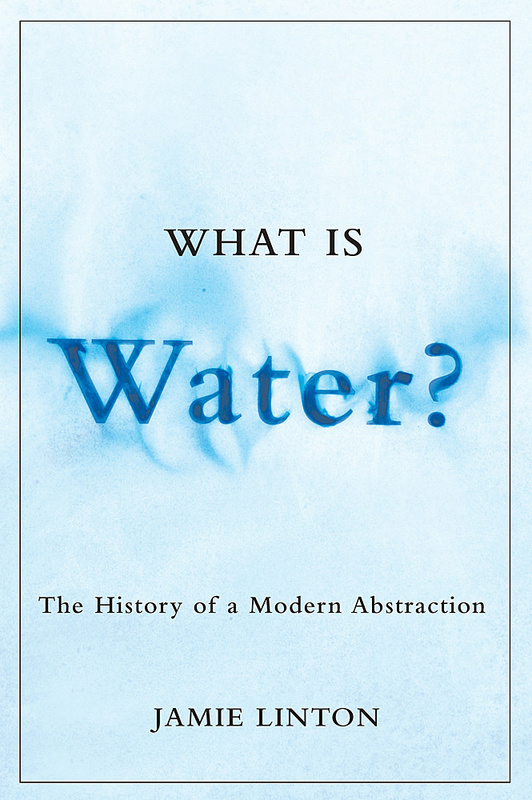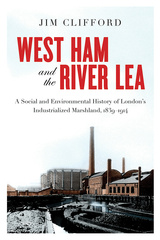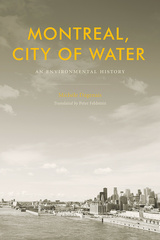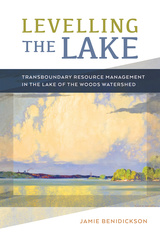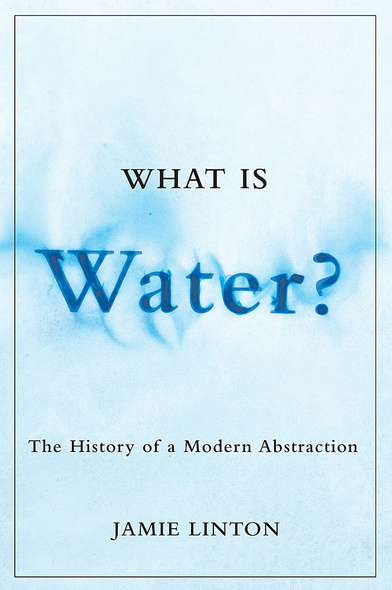
What Is Water?
The History of a Modern Abstraction
Every water issue is a social issue. And yet, in contrast to almost every other culture, we define water in the modern West as a substance entirely devoid of social content. How is it that we have come to think of water in this way, as an abstract compound of hydrogen and oxygen, and what are the consequences?
These questions underlie Jamie Linton’s What is Water?, a history of the particular way of conceptualizing water that predominated in the twentieth century. In this wide-ranging study, Linton shows how scientific practice, the modern state, technology, and politics produced an idea of water that helped permit its manipulation and control on a vast scale, with corresponding effects on human society. That much of the world is engulfed today in what many describe as a “water crisis” suggests the need to rethink the nature of water. By reinvesting water with social content – by considering water’s social nature – Linton suggests a fresh approach to a fundamental problem.
This history of an idea whose consequences have helped produce a global crisis will be of interest to students and scholars of environmental science, water managers, and concerned citizens who want to explore fresh approaches to fundamental environmental problems.
The publication of Jamie Linton’s superb monograph, What is Water?, provides an opportunity to consider the development of relational and dialectical thought within geography and especially how this has developed around the subject of water.
Linton’s message needs to be taken seriously by anyone for whom water is something more than so many molecules of H2O … it is a message that should be incorporated into both introductory and advanced courses in a number of disciplines dealing not only with water but with all natural resources.
Linton presents the issues in impressive breadth and depth, and tells a compelling story. Recommended.
Jamie Linton’s excellent analysis fills a gap in the understanding of our conceptions of water. His critiques of the water crisis and the new paradigm of Integrated Water Resources Management (IWRM) are simply brilliant and long overdue. The book is easy to read for an audience new to the literature on water from a social science perspective.
The book demonstrates, in a clear and concise fashion, the ways in which contemporary social relationships with water have constituted a crisis ... The subject is of fundamental importance and the author’s emphasis on the need to posit environmental concerns within a socio-natural understanding is vital.
Beginning a book as Jamie Linton does this one, with the claim that ‘water is what we make of it,’ is an act of provocation ... Just as a stone thrown into a lake spreads ripples outward across its surface, so Linton’s provocation sends intellectual shock waves hammering into pervasive ways of understanding and defining water, invites reflection on the ways in which people have thought about water in the past, and heightens awareness of the consequences that will flow from what we make of water in the future.
Foreword: Making Waves / Graeme Wynn
Preface
Part 1: Introduction
1 Fixing the Flow: The Things We Make of Water
2 Relational Dialectics: Putting Things in Fluid Terms
Part 2: The History of Modern Water
3 Intimations of Modern Water
4 From Premodern Waters to Modern Water
5 The Hydrologic Cycle(s): Scientific and Sacred
6 The Hortonian Hydrologic Cycle
7 Reading the Resource: Modern Water, the Hydrologic Cycle, and the Stat
8 Culmination: Global Water
Part 3: The Constitutional Crisis of Modern Water
9 The Constitution of Modern Water
10 Modern Water in Crisis
11 Sustaining Modern Water: The New “Global Water Regime”
Part 4: Conclusion: What Becomes of Water
12 Hydrolectics
Notes
Bibliography
Index

